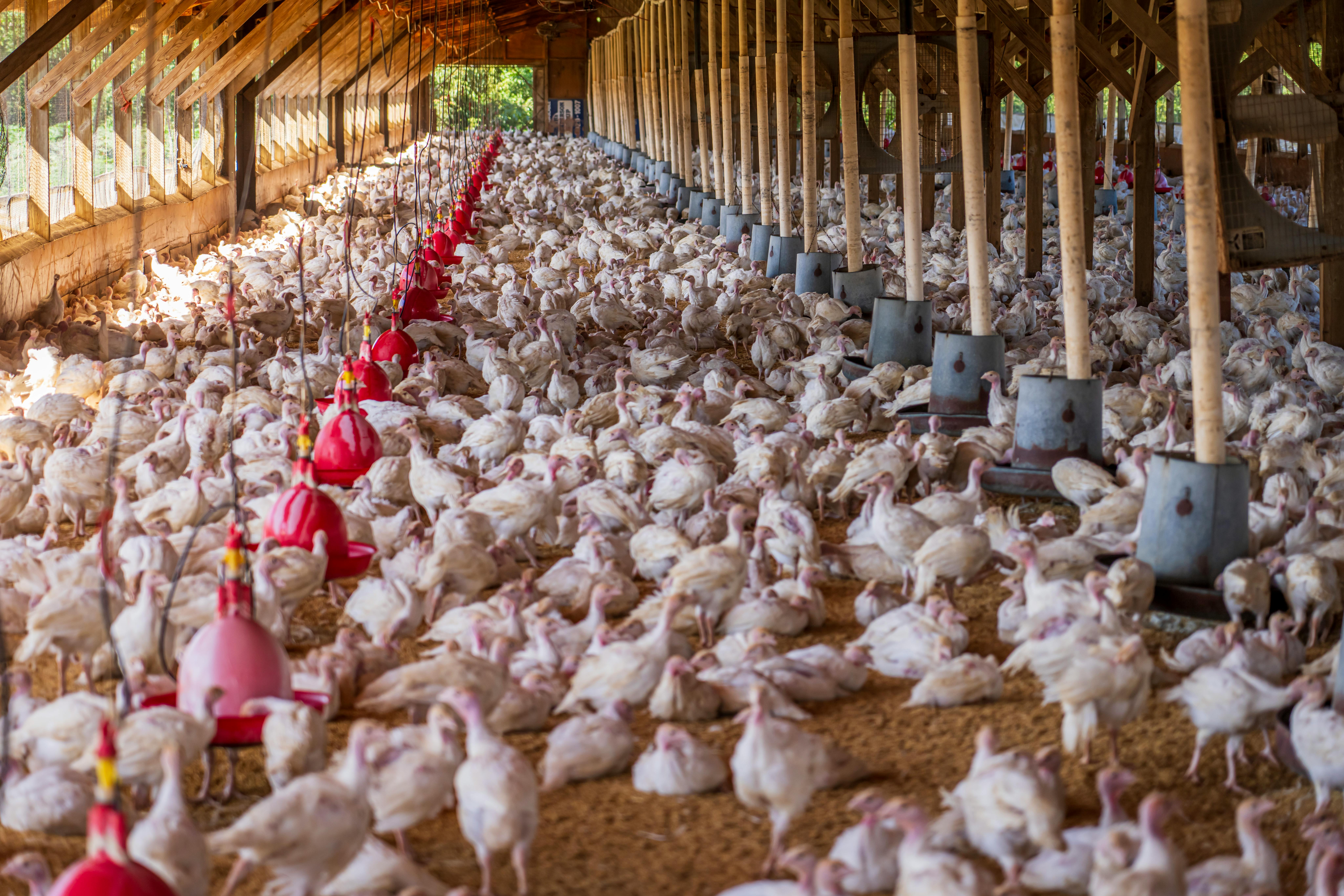
Poultry Farming In Bissau
Poultry farming in Bissau, the capital of Guinea-Bissau, is predominantly characterized by traditional, small-scale operations. As of 2008, approximately 95% of poultry farming in the country was conducted through family-run traditional methods, with limited industrial-scale production facilities near Bissau.
- In 2021, Guinea-Bissau imported over half a million kilograms of frozen chicken and approximately 29 million eggs, indicating a significant reliance on imports to meet domestic demand. To address this, the Hand-in-Hand Initiative (HiHI) has proposed investments aimed at boosting local poultry production. These investments focus on enhancing existing facilities—17 for poultry and 4 for egg production—by improving feed quality, health services, and infrastructure such as cold chains and slaughterhouses. The expected internal rate of return is 19.15% for broiler chickens and 71.14% for egg production.
- One notable company involved in the poultry sector in Bissau is Grupo Mais, located on Avenida Pansau Na Isna. They are engaged in various business activities, including poultry farming.
- Overall, while traditional poultry farming remains prevalent in Bissau, efforts are underway to modernize and expand the industry to reduce dependency on imports and meet the growing local demand for poultry products.
- To address this dependency, the Hand-in-Hand Initiative (HiHI) has proposed investments aimed at boosting local poultry production. These investments focus on enhancing existing facilities—17 for poultry and 4 for egg production—by improving feed quality, health services, and infrastructure such as cold chains and slaughterhouses. The expected internal rate of return is 19.15% for broiler chickens and 71.14% for egg production.